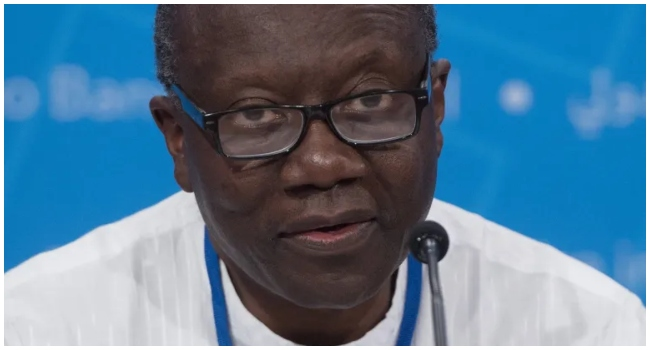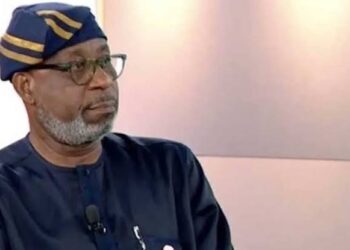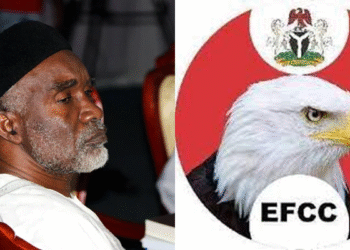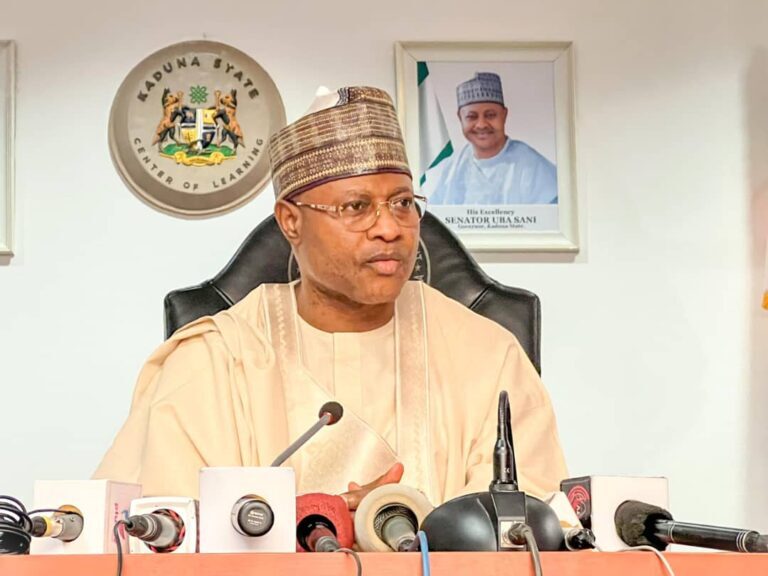Ghana’s former finance minister Ken Ofori-Atta was on Wednesday declared a wanted fugitive and accused of corruption by the country’s special prosecutor.
“You have two choices: either return to the jurisdiction voluntarily or the OSP (Office of the Special Prosecutor) will enforce your return,” Special Prosecutor Kissi Agyebeng said, accusing Ofori-Atta of causing financial loss to the state in high-profile government transactions.
Ofori-Atta, who served under former president Nana Akufo-Addo, is alleged to have authorised the release of substantial state funds for the construction of the controversial National Cathedral project in Accra.
The cathedral was conceived by Nana Akufo-Addo as a tribute to God following his 2016 presidential election victory and was supposed to be built using private money.
But claims that $58 million in public funds have been spent on the project and of financial irregularities has triggered a public uproar.
The former minister has also been accused of approving the disbursement of $11.8 million at the request of the presidential chief of staff.
Although the funds were released, construction of the cathedral remains stalled over the past two years and seen by some as a symbol of fiscal irresponsibility.
Critics have accused Ofori-Atta of failing to ensure due diligence and proper oversight before approving the payments.
Beyond the cathedral project, the former minister is also implicated in a contentious contract between the Ghana Revenue Authority (GRA) and Strategic Mobilisation Ghana Ltd (SML), a company specialised in audit and insurance in the oil sector.
In 2019, the GRA allegedly paid over $83 million to SML under Ofori-Atta’s watch without obtaining the legally required approval from the Public Procurement Authority.
The payments were made for various audit and verification services but concerns have since emerged over transparency and the contract’s value for money.
Anti-corruption organisations, including the Media Foundation for West Africa (MFWA), have long called for Ofori-Atta’s prosecution, with some groups filing lawsuits against him, the GRA, and SML to demand accountability and a refund of public money.
The OSP has now taken over the investigation and is pursuing legal action against the former minister. Agyebeng stated that Ofori-Atta had shown no intention of voluntarily returning to Ghana to face justice.
Authorities have not disclosed Ofori-Atta’s current whereabouts.
The new government of President John Mahama has declared zero tolerance for corruption and vowed to pursue former government officials over alleged corrupt practices.
So far, the government has received over 2,000 complaints under its “Operation Recover All Loot (ORAL)” initiative aimed at retrieving all wrongfully acquired state assets in the hands of the previous Akufo-Addo officials.









